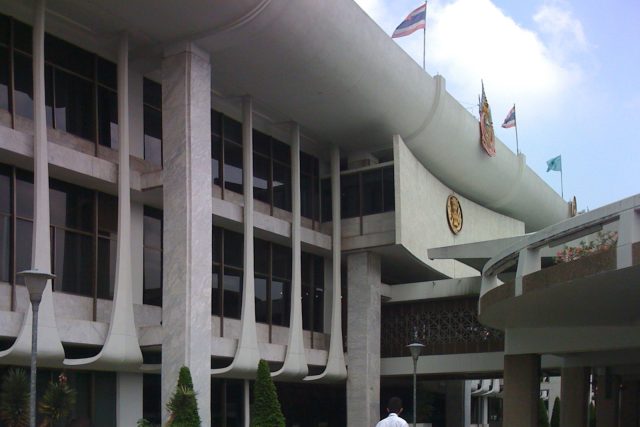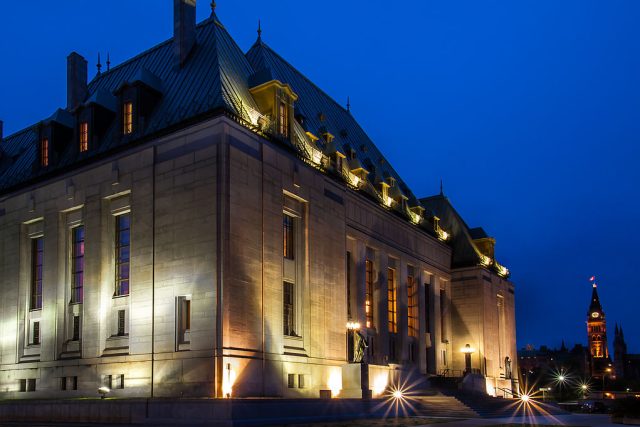Pita Limjaroenrat, a leading progressive candidate for Thai prime minister, failed on Thursday to obtain enough votes to secure the leadership position in Thai’s Parliament. During a joint parliamentary session, Pita fell short of the prime minister position by 52 votes, despite garnering overwhelming support in the May general election over the ruling military-backed government and monarchy.Although Pita’s eight party alliance holds 312 seats in the lower house, they fell short of the required 376 votes needed to establish a government. Amongst the eight party alliance is Pita’s Move Forward Party, which campaigned on the agenda of abolishing Thailand’s conservative establishment, decentralizing power and reforming the monarchy.Outside of Parliament, Move Forward Party supporters rallied in support of Pita, vowing to protest if he failed to achieve the position of prime minister. Following the vote, protesters used the hashtag “#ม็อบ14กรกฎา66” or #RespectMyVote66 to voice their discontent with Thursday’s vote.As a result of Thursday’s vote, Parliament now must hold another vote to select a prime minister from a fresh set of candidates, which may or may not include Pita again. A second vote is scheduled for July 19, leaving the door open to a third vote, if required.On the eve of the joint parliamentary session, Thailand’s Constitutional Court received two legal complaints against the Move Forward Party. One of the complaints concerned Move Forward Party’s intention to amend the law prohibiting insults to the monarchy. The other complaint dealt with a referral from Thailand’s Election Commission. In summary, the commission recommended Pita’s disqualification from Parliament, prompted by an investigation into his ownership of shares in media company iTV. Under Thai law, owning media shares is prohibited for politicians, though Pita claims that the shares were inherited from his father and the station has been non-operational since 2007.Part of the Pita’s struggle to obtain the prime minister position stems from the 2014 rewriting of the Thai constitution. Under the new constitution, opposition parties are required to have virtually three times as many votes in the lower house to elect a prime minister and form a government. This difficulty was demonstrated in 2019 where the incumbent Prime Minister Prayut Chan-ocha’s party coalition had enough seats to elect him as prime minister as they won the senate votes, despite Pheu Thai—which is now in Pita’s eight party coalition—being the largest party.




The Most Read
Сryptocurrencies
Bitcoin and Altcoins Trading Near Make-or-Break Levels
Financial crimes
Thieves targeted crypto execs and threatened their families in wide-ranging scheme
Financial crimes
Visa Warning: Hackers Ramp Up Card Stealing Attacks At Gas Stations
News
Capitalism is having an identity crisis – but it is still the best system
Uncategorized
The 73-year-old Vietnamese refugee is responsible for bringing Sriracha to American consumers
Uncategorized
Electric Truckmaker Rivian, Backed By Amazon, Ford, Raises Whopping $1.3 Billion